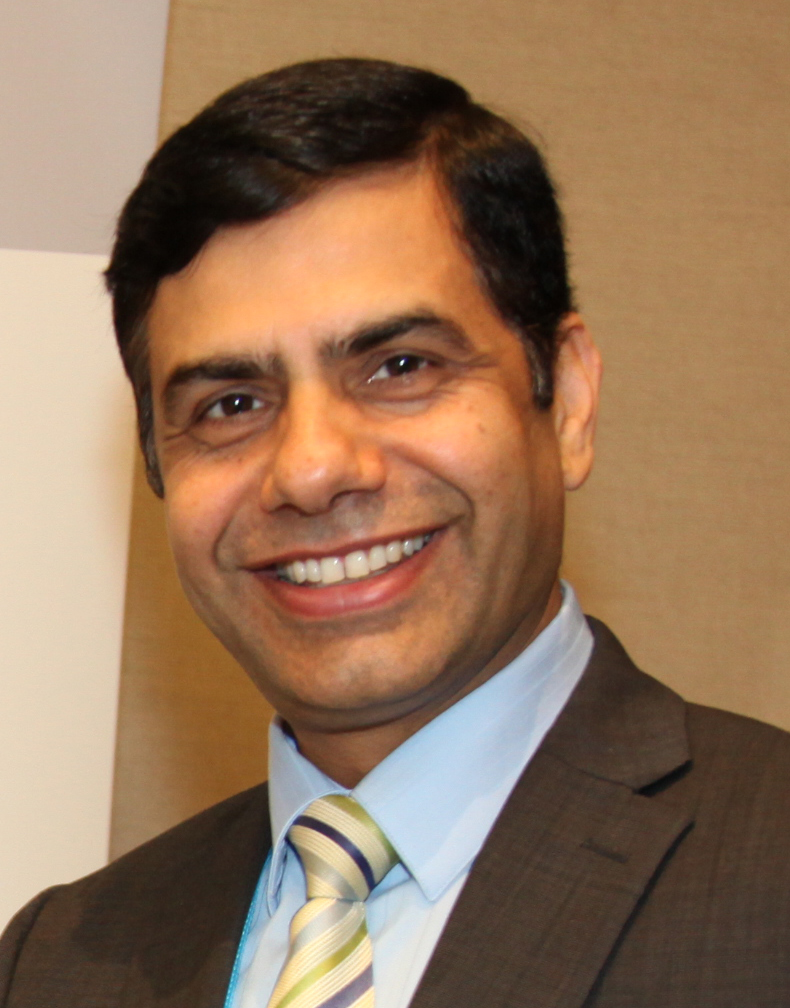Opinion
The road ahead
With the implementation of the current Constitution of Nepal, it is time that we devised a proper strategy and resolute pathway to steer our collective efforts towards achieving its overall objectives.
Gyan Chandra Acharya
With the implementation of the current Constitution of Nepal, it is time that we devised a proper strategy and resolute pathway to steer our collective efforts towards achieving its overall objectives. The constitution has defined our national interests well, bringing in not only traditional issues like sovereignty, territorial integrity, independence and dignity, but also rights of the Nepali people, border security, economic wellbeing and prosperity. Directive principles, policies and obligations have provided the fundamental basis for the conduct of Nepal’s foreign policy.
It is, therefore, clear that a well thought-out and prudent conduct of the foreign policy of Nepal with a forward looking outlook will have a pivotal role in effectively pursuing our broader national interests. That is more so for a country which is strategically located and which has maintained its independence throughout its history.
With in-depth and comprehensive analysis, consistency and cohesion, and due regard to all facets of our foreign relations and their interrelationships, we can enhance our broader national interests on a sustainable basis.
Changing tide
As our political transition was long and arduous, we hardly spent time reflecting on and promoting our larger national interests in a more holistic manner. Ad hoc approaches and short term considerations were dominant. It is time that we started a pro-active diplomacy, while articulating better how our journey towards a post-conflict inclusive and prosperous society could be transformative.
We are all very good at articulating a vision and setting some objectives. However, we are less proficient in devising the right strategy and work-plan and following up on them. We are starkly deficient in coordination skills, rigor and discipline. We need to change this, and change fast. We must strengthen our internal cohesion and capacity, and reap due benefits from a globalised and interconnected world.
There are two approaches through which foreign policy related issues can be viewed: Sector specific approach and country/region specific approach. They are closely interlinked yet they can be analysed separately for the purpose of clarity.
Under the sector specific approach, peace, security and stability related issues are fundamental to any country. As we are situated in a strategic region with ascendant global powers who have competitive policies, we must look at the security and stability related issues with our own long term interests. We must consistently analyse how global powers are looking at security related issues. Similarly, development and prosperity related issues and structural transformation of the economy are intricately linked with our long-term stability and prosperity. Given the geographic specificity of Nepal, energy security, food security, water security, human security and stronger national economic structure, and diversified and unfettered access to the sea and the global markets are critical. Likewise, democracy, human rights and social transformation enhance our inner strength and contribute to stability. They need to be consolidated based on global norms. For Nepal, all the three sectors are mutually reinforcing and they need to be promoted.
Under the country or region specific approach, we can envisage five key pillars of our foreign policy. The first pillar is our relationship with India, which has long historical roots and cuts across all sectors from economy, commerce, people-to-people relations and culture to religion. The second pillar is our relationship with China, which is also historical and has many economic, development and cultural dimensions. The third pillar is our long standing and diverse relationships with developed countries. They are important partners in progress as well. The fourth pillar is our relationship with countries providing foreign employment for the Nepali people and all the others having other potentials of bilateral relationship including trade and investment. And the final pillar is the UN and international development, and financial institutions and regional organisations such as Saarc and Bimstec and their principles, objectives and norms as well as their investment. These institutions embody fundamental principles of interstate relations and global and regional cooperation, reinforce sovereign equality, and have collaborated with Nepal in all sectors from conflict resolution to promotion of human development.
These relationships are all important and they need to be nurtured. We need to strengthen our multifaceted relationship with them through an in-depth study on their strengths and constraints, the competitive and collaborative nature of their inter-relationships, and the dynamic influence they exert on each other.
These pillars are not mutually exclusive, and with proper policies and regular interactions, we can make them mutually supportive, thus lifting all our relationships to new heights. Good relationships within the immediate neighbourhood are critical, but equally important is the diversification of relations with the wider world for mutual benefit and enlargement of our interests and options. The best way to achieve this diversification is by attaching due importance to all these relationships.
Constant vigilance
We all know that foreign policy is an extension of the national policy abroad. More than that, today, the traditional dividing lines are fast disappearing. It is hard to find internal issues that are not affected by external actors or actions. This is true not only for Nepal, but for every country, including the major powers. But there is a difference. The major powers have instruments and components of power to blunt the impacts, if they are adverse in nature,. They also possess means to have a kind of trade off. We have limited means to do so. Therefore, we need to be more articulate and understand better which way the world is going and how we can better protect and promote our interests.
There is more to be gained, depending on how and whether we are able to use new levers of power such as technology, given the huge impacts of globalisation and technological revolutions. We have to figure out what instruments need to be taken into account and strengthened to ensure that we have relative freedom to decide on choices in regard to our policies and amplify benefits. In an interconnected world with cut-throat competition, we have to be constantly vigilant, but also prescient in making full use of all the opportunities.
We are in a strategic location with inherent constraints but also some great potential, and as the world order is going through a long term transition towards fundamental transformation, it is essential that we look at the issues from a strategic perspective in a holistic manner with a long term vision.
There is an acute need for a forward looking and dynamic analysis of all facets of our foreign relations, stronger and coherent institutional arrangements at all levels, advocacy of policy options with long term impacts, cooperative and inclusive multi-stakeholder approach, and continuous monitoring and follow up. It is time that we undertook these activities in a consistent and effective manner for optimum benefit to the country and people.
Acharya is former United Nations Under-Secretary-General and High Representative for Least Developed Countries, Landlocked Developing Countries and Small Island Developing States




 19.71°C Kathmandu
19.71°C Kathmandu










